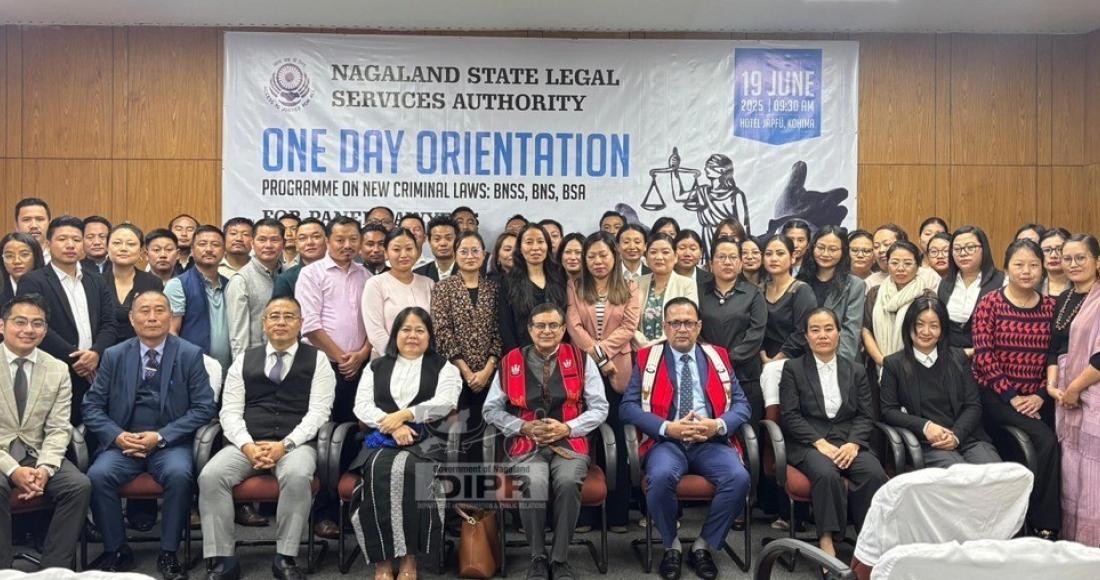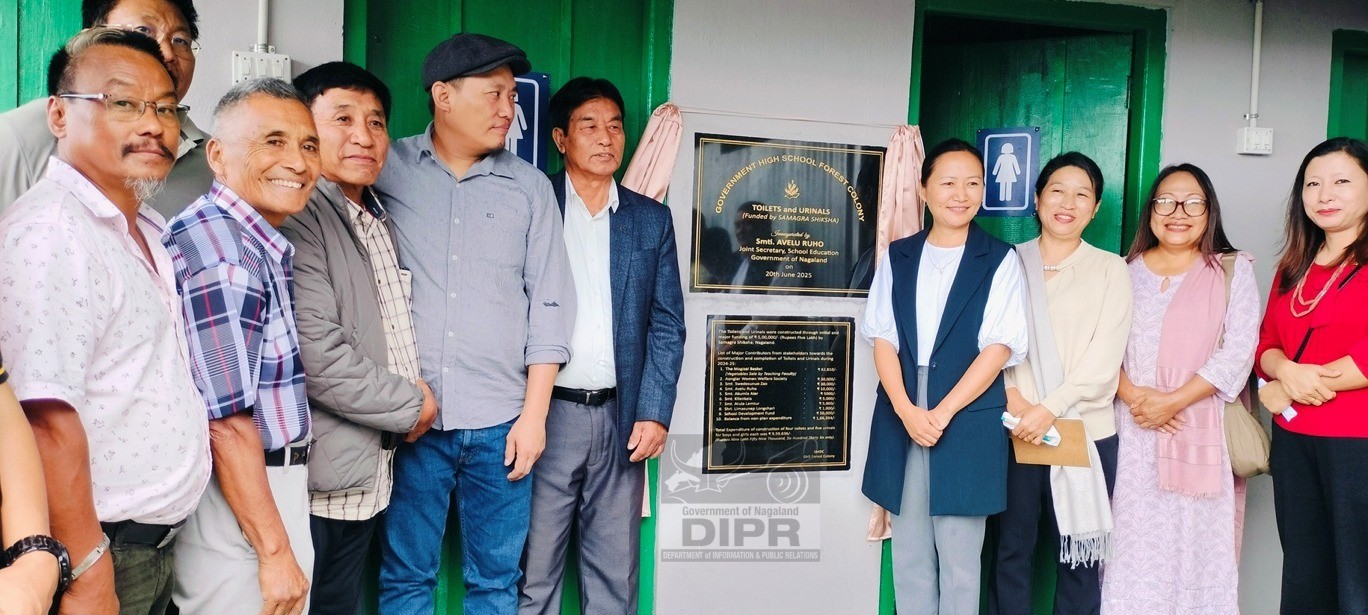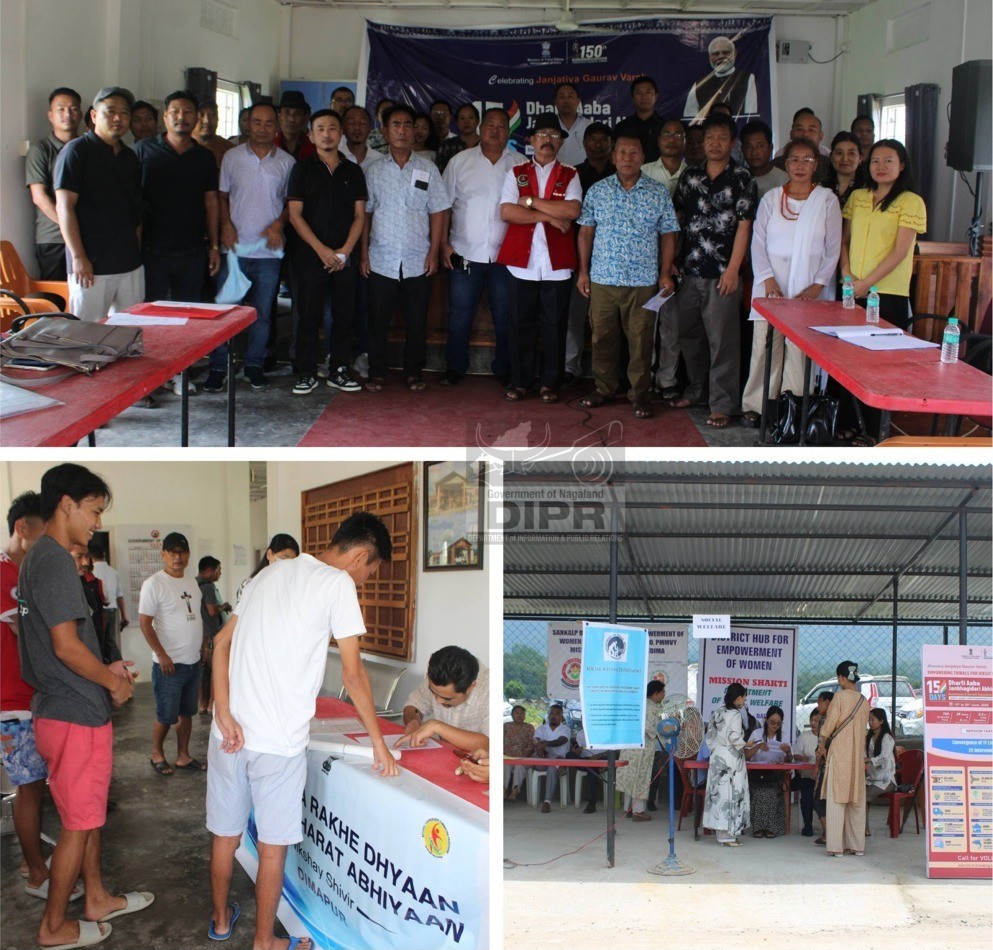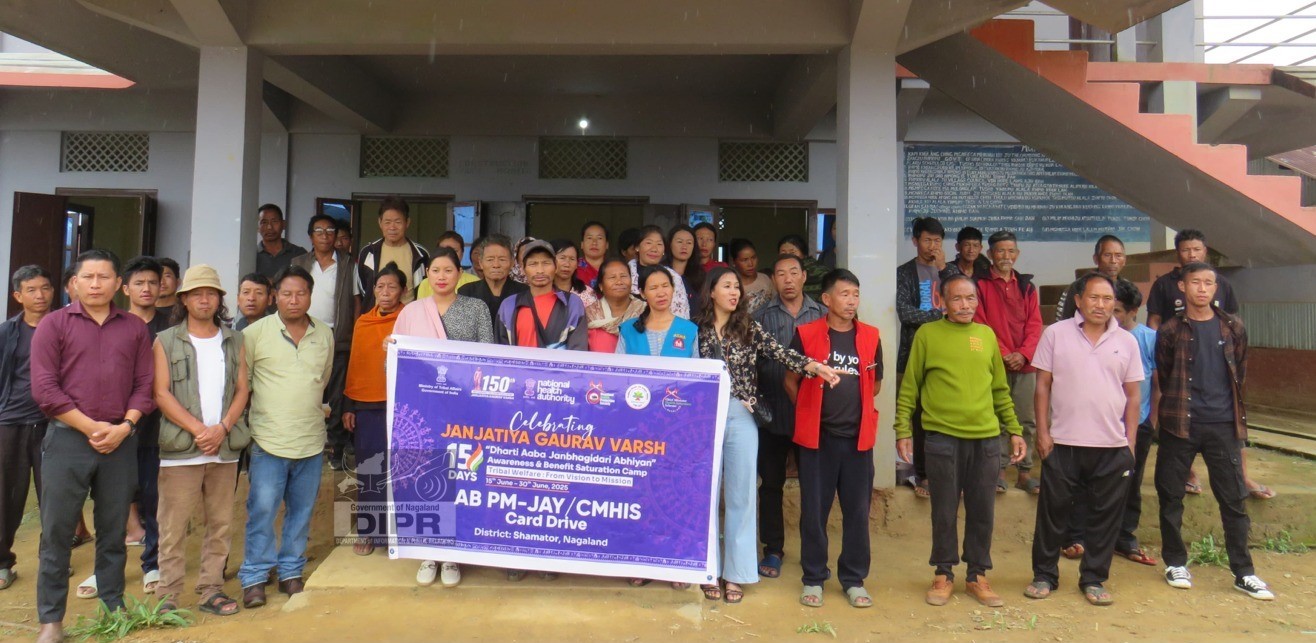The Nagaland State Legal Services Authority organised a one-day orientation programme on New Criminal Laws: Bharatiya Nyaya Sanhita (BNS), Bharatiya Nagarik Suraksha Sanhita (BNSS), Bharatiya Sakshya Adhiniyam (BSA) for Panel/Retainer lawyers and LADCS lawyers at Hotel Japfü, Kohima on June 19th 2025.
Judge of Gauhati High Court, Kohima Bench, Justice Y Longkumer asserted that panel lawyers who often serve as first line of access to justice for the marginalized and under-represented now play unique and essential role as educators, advisors and counsellors for common citizens during a time the Indian legal system is undergoing a pivotal transition with introduction of new criminal laws.
She addressed the gathering on the New Criminal Laws: Bharatiya Nyaya Sanhita (BNS), Bharatiya Nagarik Suraksha Sanhita (BNSS), and Bharatiya Sakshya Adhiniyam (BSA) for Retainer Lawyers/Panel Lawyers and Legal Aid Defense Counsel System (LADCS) Lawyers.
Justice Longkumer said Indian Criminal Justice system is undergoing significant reforms with the introduction of the BNS, BNSS and BSA, replacing the Indian Penal Code, the Criminal Procedure code and Indian Evidence Act, and legal fraternities across the judiciary are in the learning and adaptation process.
"These new legislative reforms are not just mere cosmetic changes but represents a new way of thinking how justice system is perceived, delivered and experienced by the common citizens," the Judge asserted.
Longkumer said as lawyers who serves on the Legal Services Panel, they are often the first line of access to justice for the marginalized and under-represented and their role now is more important than ever.
"You have to learn to adapt to changes with professionalism and as it is with any legal transition, there will be challenges and uncertainties in the interpretation", the judge said.
She further called for deeper engagement with law, greater professional development and renewed commitment to justice.
On existing practical difficulties, Longkumer cited on the existence on different interpretation and sources, questions and the practical burden of unlearning and relearning while observing that now they have to change their mindset and start to unlearn the IPC, CrPC and learn the new laws.
"But that is also an immense opportunity to refine their practice to lead with clarity and ensure that justice becomes more sensible, humane and aligned with constitutional values," the Judge underscored.
Longkumer meanwhile urged the attendance to remind themselves that laws are never static but are always evolving and added that the lawyers duty to uphold justice remains timeless to protect the rights of every individual regardless of their background.
The judge encouraged the lawyers to grasp the BNS where the offences has been re-classified and inclusion of new sentencing, and community service as a part of punishment under the BNS has been introduced.
Other important topics she asked the lawyers to be thorough with were enhanced provisions for victim compensation and investigation timeline under the BNSS and modernization of evidence with special evidence on digital evidences. She emphasized on the importance of not just the text of these laws but underlined philosophies and their judicial interpretation. She said the training was for empowering lawyers along with learning about the new reforms.
The Judge said the role of Panel lawyers in the new scenario is not just confined to courtroom or advocacy in the court but to play the role of Educators, advisors and counsellors. Therefore, she encouraged the lawyers that their grasp of new laws must be very strong.
"Your clients cannot afford to be confused and delay must be avoided as far as the duties and responsibilities in the league system is concerned“, she concluded.
During the inaugural session, NSLSA Member Secretary, Neiko Akami, gave the welcome address and said that the training programme has been organized with the vision to equip the lawyers under NSLSA to provide effective legal aid to the different sections of the society.
The programme was chaired by NSLSA Retainer Lawyer, Apila Sangtam.
The programme was followed by two technical sessions hosted by resource persons, Nasim Akhtar, Faculty at Judicial Academy, Assam and SP Moitra, Faculty, Judicial Academy, Assam respectively.
(DIPR)





